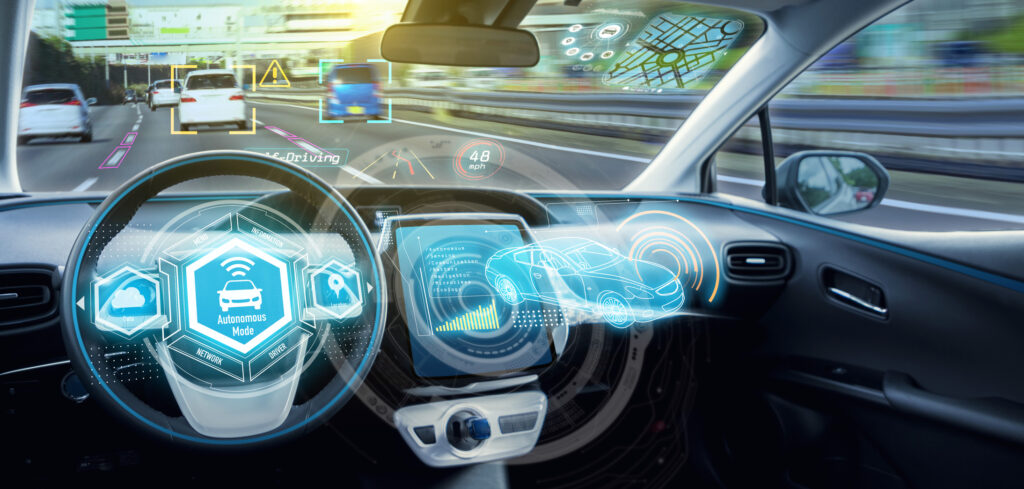UK-based Eatron Technologies says it will use a seven-figure investment from German Tier 1 Hirschvogel Automotive Group to accelerate development of automotive-quality AI.
Eatron is working with a range of vehicle manufacturers to use AI technology to bring benefits such as extended battery life and higher usable energy densities. Alongside this, the company wants to make ADAS (advanced driver assistance systems) feel more natural for drivers.
The technology startup says that AI systems can offer suppliers and manufacturers in the automotive sector a range of opportunities and solutions where rapid development is required. However, Umut Genc, Eatron’s managing director, believes that it must be used selectively and alongside existing proven software: “Our rapid growth this year is due to a combination of innovation and pragmatism. Long careers with top global automotive consultancies have taught our leadership team that however exciting innovation might be, it will only succeed if it is focused on adding value for the vehicle manufacturer without compromising the robustness and affordability expected of our industry.”
Genc added that he sees two specific areas in which AI can make an impact. “Advanced driver assistance systems are rapidly becoming more capable, but that means more cost, more calibration and more testing, and often they still feel slightly unnatural when they are controlling vehicle functions. AI can learn from how people drive so it can be taught to make their actions feel more reassuring.”
As consumer needs for technical features inside and outside vehicles grow, so does the demand for ADAS software systems that can be rapidly and cost-effectively integrated into vehicles, and upgraded in terms of autonomy, while still meeting NCAP ratings.
The second area that Eatron has identified for the application of AI is increasing the usable energy density of hybrid and electric vehicle batteries, to maximize driving range.
Genc continued, “Getting more energy out of batteries without increasing cost or weight requires more effective and precise battery management. Introducing AI to the battery management system (BMS), so that each individual cell can be managed intelligently, will allow the usable energy density to be increased while also improving battery life and reducing the recycling requirement: a dream combination that’s very hard to achieve in any other way.”
Eatron says that its BMS can be upgraded to include AI-powered battery analytics and cloud communications, allowing for additional features such as predictive maintenance software to be added at a later date.
Both of the areas identified by Genc are based on Eatron’s own physics-based software platform with automotive-safe AI. The company claims that the platform enables fast configuration for new applications, and that its price point suits use in low-volume programs. The technology is hardware agnostic and can be supplied as software only, or as a ready-made physical unit for integration into a vehicle.


